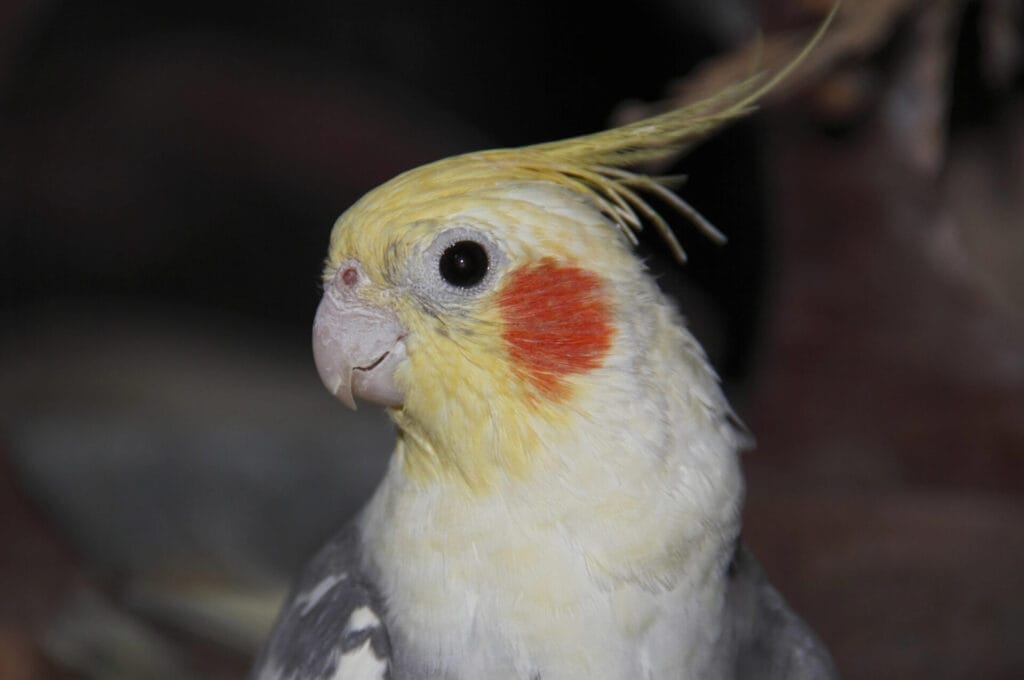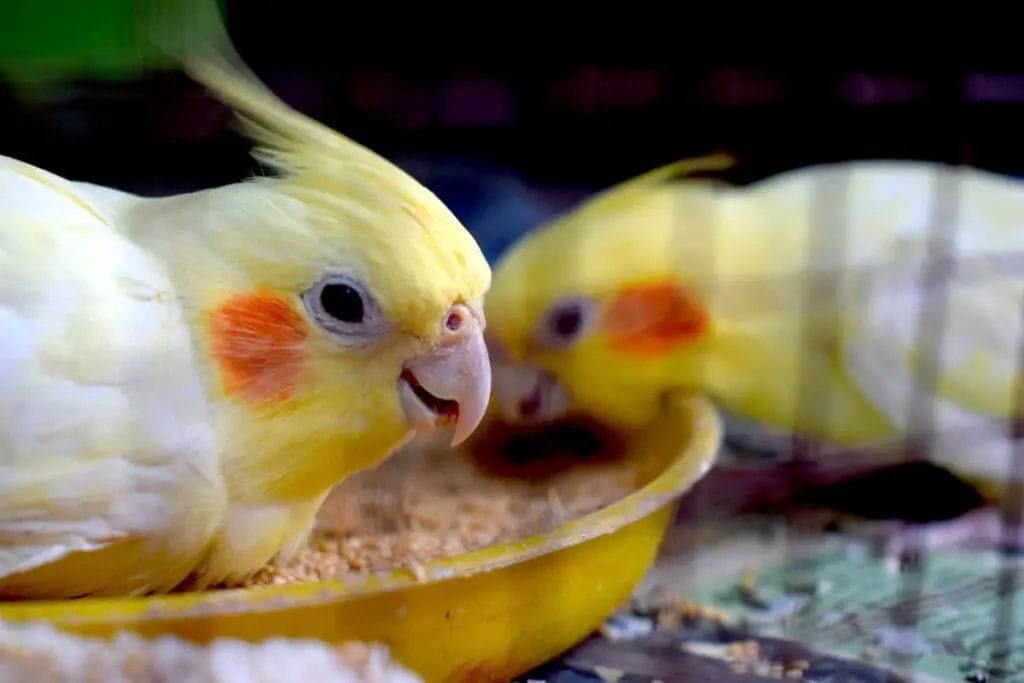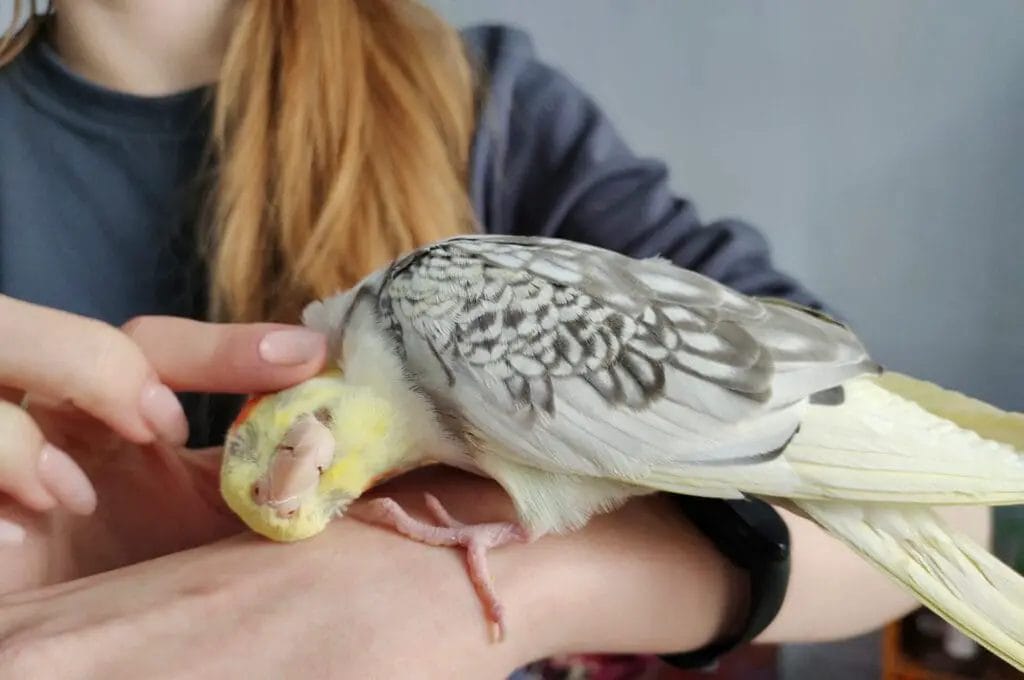
Cockatiels are charming pets that bring joy and vibrancy into any home. A well-cared-for cockatiel can be a delightful companion, and understanding their needs is essential for their happiness and health. This Cockatiel Care Guide aims to provide comprehensive insights into various aspects of cockatiel care, including their diet, health care, grooming, training methods, and more. Whether you’re a prospective owner or a seasoned cockatiel enthusiast, this guide will surely enhance your knowledge about these delightful birds.
Key Takeaways
- Understand the nutritional needs for cockatiels to promote optimal health.
- Learn essential cockatiel health care practices to prevent common diseases.
- Explore grooming tips to keep your cockatiel looking and feeling great.
- Discover effective cockatiel training methods to build a strong bond.
- Choose the best cockatiel cages that cater to their environment setup.
- Understand cockatiel socialization techniques to develop friendly behaviors.
- Know the lifespan and breeding tips for caring cockatiels.
Understanding Cockatiel Diet

One of the most critical aspects of cockatiel care is ensuring a balanced diet. A proper cockatiel diet typically consists of high-quality pellets, fresh fruits, and vegetables. Pellets should make up a significant portion of their diet, providing essential nutrients that seeds alone cannot offer.
Incorporating foods such as leafy greens (like spinach and kale) and fruits (like apples and bananas) also enhances their nutritional intake. Just remember to wash fruits and veggies thoroughly and remove any seeds or pits that could be harmful.
Cockatiel Nutritional Needs
Cockatiels have specific nutritional needs that are crucial for their overall well-being. Proteins, fats, vitamins, and minerals play a vital role in their diet. Essential fatty acids and calcium are essential, especially for breeding females. A well-balanced cockatiel diet can help prevent common cockatiel diseases such as obesity, which is often linked to improper feeding.
Cockatiel Health Care Essentials
Caring for your cockatiel’s health goes beyond just diet. Regular veterinary check-ups are crucial in detecting any possible health issues early. Look out for signs of common cockatiel diseases, such as changes in behavior, feather plucking, or changes in droppings, as these can indicate health problems.
Common Cockatiel Diseases
Understanding common cockatiel diseases can help you recognize when your pet needs medical attention. Some prevalent conditions include psittacosis, mites, and respiratory infections. Regular health checks and maintaining a clean environment can significantly reduce the risks of these diseases.
Cockatiel First Aid
Having a cockatiel first aid kit is advisable. Items like styptic powder for minor bleeding, antiseptic solution for wounds, and a good bird guide can help you respond effectively to emergencies. Always consult with an avian vet to ensure you’re prepared for any situation.
Grooming Tips for Cockatiels
Regular grooming is vital for your cockatiel’s health and happiness. Cockatiels groom themselves, but they benefit from periodic human assistance.
Importance of Grooming
Regular grooming helps prevent feather-related issues and aids in socialization. Bathing your cockatiel weekly helps maintain healthy feathers and skin. A shallow dish of water or a gentle mist spray can make bath time enjoyable for them.
Cockatiel Grooming Tools
Invest in proper grooming tools such as bird-safe nail clippers and a soft brush for feather care. These tools facilitate easy handling during grooming sessions, making the experience more pleasant for both you and your bird.
Training Techniques for Cockatiels
Training your cockatiel strengthens your bond and makes them more manageable companions. Implementing effective cockatiel training methods can also enhance their overall well-being by providing mental stimulation.
Basic Training Exercises
Start with simple commands like “step up” and “come.” Use treats as positive reinforcement, making training sessions fun and engaging. Cockatiels are intelligent creatures and enjoy learning new tricks, so patience and consistency are key.
Socialization Techniques

Socializing your cockatiel is crucial to foster friendly behaviors. Encourage interaction with family members and different environments to help them become well-adjusted. Remember, a well-socialized cockatiel is usually more confident and less prone to stress.
Cockatiel Housing Requirements
Choosing the right housing is essential for your cockatiel’s happiness and health. The best cockatiel cages should be spacious enough for them to move around freely and include various perches and toys to keep them entertained.
Cage Size and Setup

Ensure the cage is at least 24 inches wide and 24 inches deep, with a height of 30 inches for a single cockatiel. The bars should be spaced no more than ¾ inch apart to prevent escapes. Additionally, placing the cage in a quiet, safe area of the house can create a comfortable environment for your bird.
Cockatiel Toys and Enrichment
Providing an array of toys is crucial for your cockatiel’s mental stimulation. Rotate toys regularly to keep their environment engaging. Wooden chew toys, puzzles, and foraging toys can help satisfy their natural instincts while making playtime enjoyable.
Cockatiel Breeding Tips

If you’re considering breeding cockatiels, it’s essential to be well-informed about their breeding needs. Cockatiels usually breed in the spring, and specific conditions can create a conducive breeding environment.
Breeding Conditions
A cozy, quiet space with nesting boxes promotes successful breeding. Provide a diet rich in calcium and protein to support female cockatiels during this period. Regular health checks are essential to ensure both the male and female are in good condition for breeding.
Preparing for Chicks
Be prepared for baby cockatiels if breeding is successful. They require special care, including a specific diet and a safe environment. Researching and consulting with experts can ensure a smooth and responsible breeding process.
Cockatiel Lifespan and Health Monitoring
Understanding the lifespan of cockatiels is essential for prospective owners. On average, cockatiels live for about 15-25 years when properly cared for.
Lifespan Factors
Factors influencing lifespan include diet, environment, and regular veterinary care. Cockatiels raised in a stimulating environment with proper nutrition tend to live longer and healthier lives.
Monitoring Health Over the Years
Regular health monitoring is vital as your cockatiel ages. Watch for signs of illness and consult your veterinarian for any concerns. Making adjustments to their diet and living conditions can also promote longevity.
Conclusion
In summary, a well-informed approach to cockatiel care can immensely enhance their quality of life. By focusing on their diet, health care, grooming, training, and housing needs, you can ensure your cockatiel remains a happy and healthy companion for years to come. Whether you’re new to cockatiel care or looking to brush up on your knowledge, remember that every bird has unique needs.
Feel free to share your experiences or ask questions about cockatiel care—interacting with fellow enthusiasts can provide valuable insights!
FAQs About Cockatiel Care
- What is the best diet for a cockatiel?
- A balanced diet includes pellets, fresh fruits, and vegetables. Avoid feeding solely seeds.
- How often should I take my cockatiel to the vet?
- At least once a year for a health check; more often if they show signs of illness.
- What are common signs of illness in cockatiels?
- Signs include lethargy, changes in appetite, changes in droppings, or feather plucking.
- How can I train my cockatiel to talk?
- Repetition and positive reinforcement are key. Use a consistent phrase and reward them when they mimic sounds.
- What size cage do I need for my cockatiel?
- At least 24 inches wide and deep, with a height of 30 inches for a single cockatiel.
- Can cockatiels be housed together?
- Yes, but proper introductions are necessary, and you should monitor for compatibility issues.
- How can I help my cockatiel socialize?
- Encourage interaction with different people and environments, gradually introducing them to new experiences.
- What toys should I buy for my cockatiel?
- Include a variety of wooden toys, chew toys, and foraging toys to stimulate mental activity.
- What should I do if my cockatiel is sick?
- Consult an avian veterinarian immediately for diagnosis and treatment.
- How can I keep my cockatiel’s feathers healthy?
- Regular bathing, a balanced diet, and adequate grooming are essential.
- What is the average lifespan of a cockatiel?
- Cockatiels typically live 15-25 years with proper care.
- How do I create a safe environment for my cockatiel?
- Ensure their area is free of hazards such as toxic plants, drafty areas, and small escape routes.
